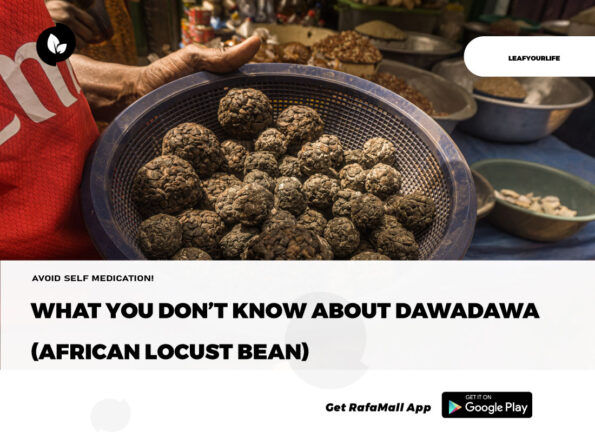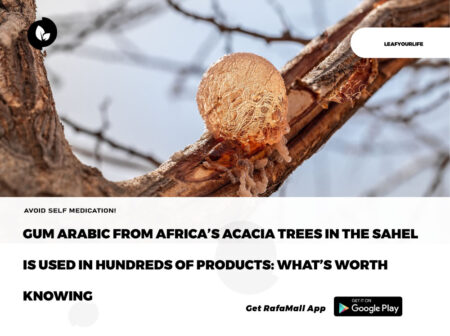
Written by @Ede-Ray

Have you ever heard of the ‘smelly beans’ ingredient, dark in appearance that is popular among some tribes in Africa and very unpopular among others? Come with me as I open your eye to an interesting and nutrient-filled ingredient that you should try adding to your soups going forward.
The African locust bean as it is commonly known in English is a standing tree with the botanical name Parkia biglobosa found in a wide range of environments in Africa. It is grown primarily for its pod that contains both a sweet pulp and very valuable seeds.
Dawadawa as it is widely known and called amongst the Hausa and other Northern tribes in Ghana, the Yoruba people of Nigeria refer to it as iru, sikomu by the Igbo people, and nune among the Tiv people in Nigeria is a plant part (the beans in the pod) that is processed into a food ingredient for various delicacies across. The seeds of the locust bean tree are the most valuable although the leaves, stem bark and roots, and other parts are cultivated for herbal medicines.
Preparation of The Black Locust Beans
The seeds from the pod are first harvested from the tree occasionally, good-looking ones are handpicked carefully and then cooked over time to remove the seed coat. It is then fermented long enough to produce the desired result. The fermentation process involves the use of banana leaves or Gmelina arborea leaves to accelerate the fermentation process of the seeds. Our dawadawa which is usually used as a seasoning is then ready after some days and can be used accordingly.
It is dried to preserve it, and surprisingly, it can stay for months after drying without going bad. Because of the fermentation process, it carries an aroma pleasant to most but not all. It is usually a major ingredient for preparing soups like palm nut soup and the like among Ghanaians and some stews like the egusi stew in Nigeria.
Nutritional Benefits of Dawadawa – Why It Is Power-packed
This dawadawa is prepared to carry a good percentage of needed nutrients by the body. It contains about 29% of the fat plant, 35% protein, 16% carbohydrates, and a good amount of calcium as well. It is a very good source of calcium and healthy fat for people living in rural areas.
- Dawadawa improves vision
- Helps in the treatment of mild CVA (stroke)
- It reduces bad cholesterol (LDL/VLDL)
- Helps in the treatment of hypertension
- It boosts the immune system
- Helps combat URTIs (upper respiratory tract infections) like pneumonia, bronchitis cold and cough
The African locust bean is very important to West African culture. Usually plays a role in some non-culinary activities in the African setting like birth and death rituals, baptism, circumcision, marriage, etc.
Once you try dawadawa, you will be carried away by its capacity in your kitchen, adding more aroma, taste, and nutrients to your dishes. For its health benefits alone, hold your nose if the aroma isn’t pleasant to you and dive into this African staple spice that could very well be a positive spice ingredient add up to your spice rack.
Go and enjoy.











